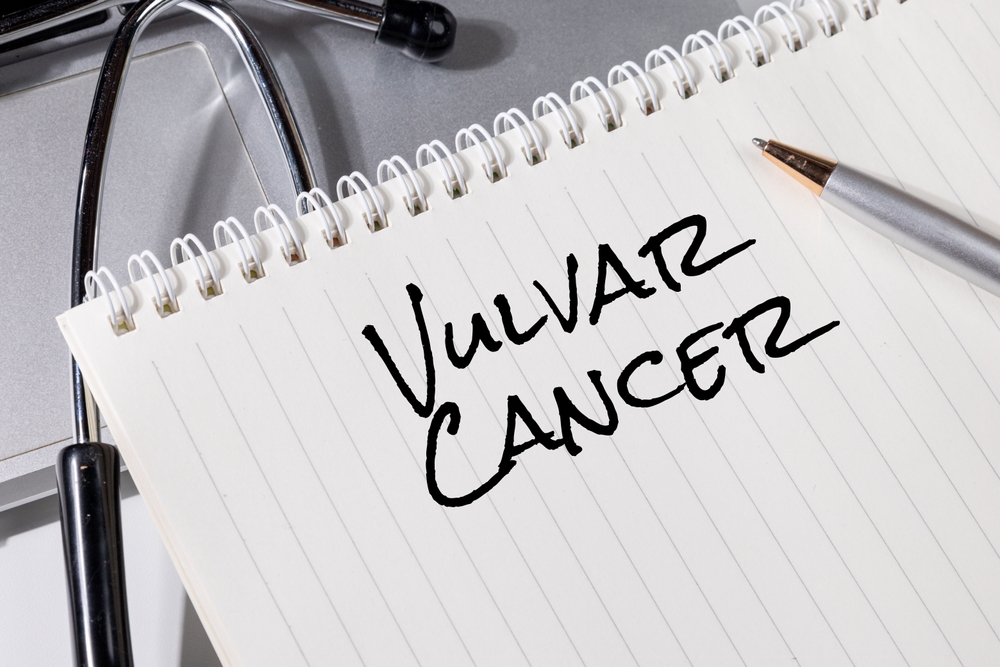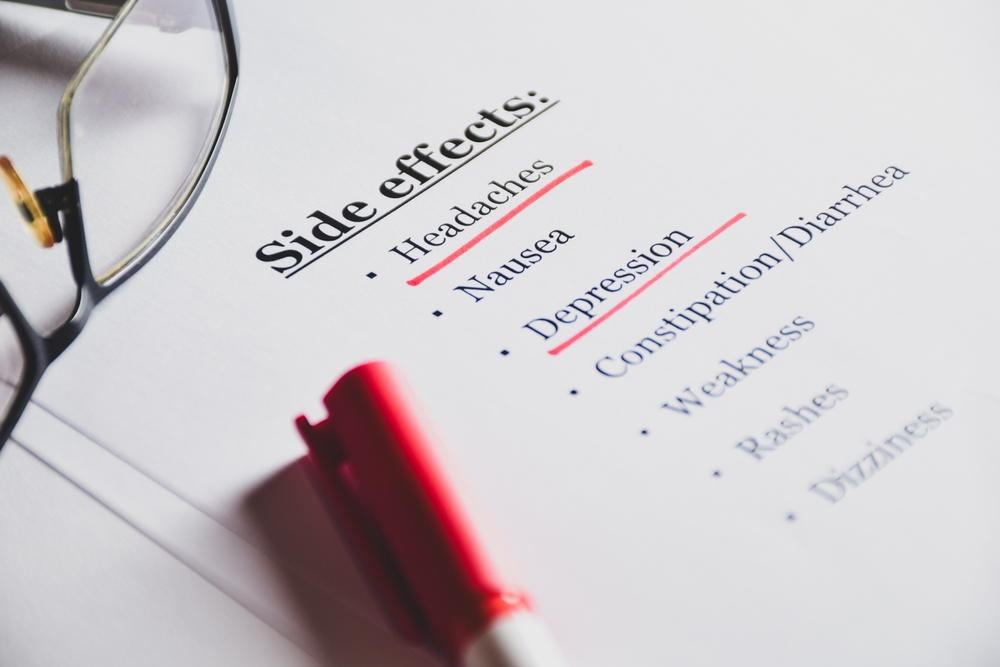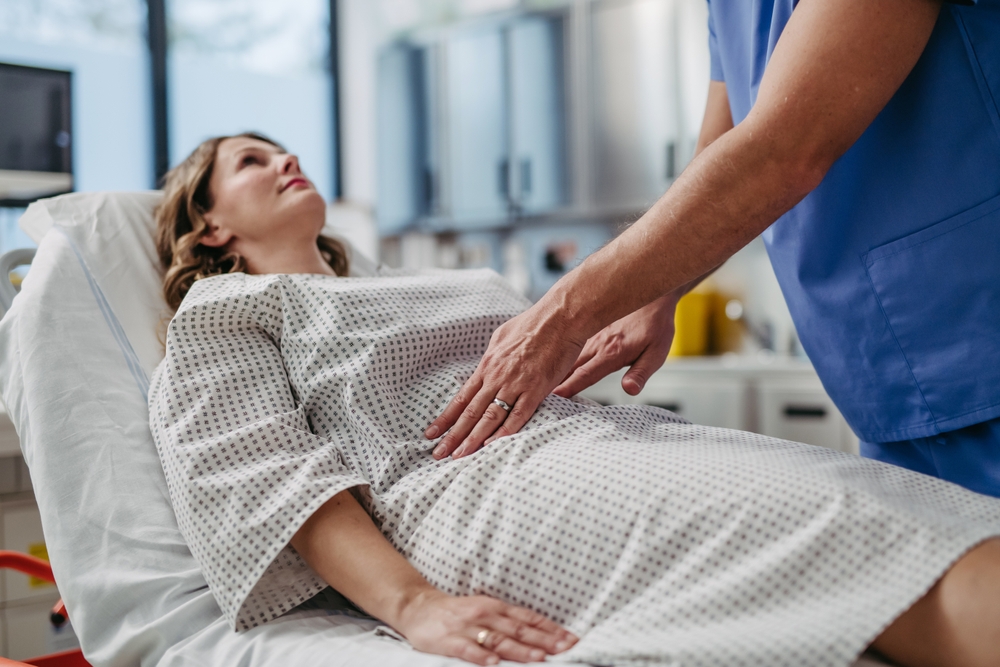Vulvar health is an important but often overlooked aspect of overall wellness for people assigned female at birth. At May-Grant OB/GYN, with multiple providers serving Lancaster, PA, and neighboring communities, we recognize that vulvar care needs can change throughout the different stages of life. From adolescence through menopause and beyond, maintaining vulvar health involves a combination of good hygiene practices, lifestyle choices, and knowing when to seek medical advice. This guide will explore practical do’s and don’ts for vulvar health at every age to help you nurture comfort and prevent common problems.
Understanding the Importance of Vulvar Health
The vulva encompasses the external genital organs, including the labia majora and minora, clitoris, and vaginal opening. This area is sensitive and delicate, requiring mindful care to protect it from irritation, infection, and other health concerns. Hormonal changes, hygiene habits, sexual activity, and personal products all influence vulvar health.
Maintaining vulvar health is essential not only for physical comfort but also for preventing infections such as yeast infections, bacterial vaginosis, and sexually transmitted infections. It also supports sexual wellness and quality of life. Recognizing the unique needs at different life stages allows individuals to adjust their care routines effectively.
Many people may hesitate to discuss vulvar concerns, but awareness and education can empower proactive care. Understanding what to do—and what to avoid—can minimize discomfort and support long-term vulvar wellness.
Vulvar Health in Adolescence and Young Adulthood
During adolescence and young adulthood, the vulva is adapting to hormonal changes associated with puberty. Increased estrogen levels lead to the development of pubic hair, lubrication, and maturation of vulvar tissues. It is important at this stage to develop healthy habits that lay the foundation for lifelong vulvar health.
Do practice gentle hygiene by washing the vulvar area daily with warm water and a mild, fragrance-free cleanser if needed. Avoid harsh soaps, douches, or scented wipes, as these can disrupt the natural pH balance and cause irritation. Wearing breathable cotton underwear and avoiding tight-fitting clothing helps reduce moisture buildup, which can promote infections.
Don’t use feminine sprays, powders, or scented products near the vulva. These can cause allergic reactions or irritation. Avoid sharing towels or undergarments to prevent the spread of bacteria. It’s also important not to ignore symptoms like itching, burning, or unusual discharge; these may indicate infections or other issues requiring medical evaluation.
Educating young people about safe sexual practices and regular gynecologic care also contributes to healthy vulvar outcomes in this age group.
Vulvar Care During Reproductive Years
In the reproductive years, vulvar health can be influenced by factors such as menstruation, sexual activity, pregnancy, and hormonal contraception. Maintaining comfort and preventing irritation requires some adjustments in care.
Do change menstrual products regularly and choose those that are unscented and designed for sensitive skin. During sexual activity, using adequate lubrication and practicing safe sex can help prevent microabrasions and infections. After intercourse, gentle cleansing of the vulvar area is beneficial.
Don’t wear damp swimwear or exercise clothing for extended periods, as moisture promotes yeast and bacterial growth. Avoid over-washing or scrubbing the vulva, which can strip natural oils and cause dryness or irritation. If you notice persistent itching, pain, or unusual discharge, don’t delay seeking medical advice, as timely diagnosis can prevent complications.
Pregnancy can bring additional vulvar changes such as increased sensitivity and swelling. Staying hydrated and wearing loose clothing can help maintain comfort. Hormonal contraception might affect vulvar tissue and secretions; monitoring changes and discussing concerns with a healthcare provider ensures appropriate care.
Vulvar Health After Menopause
After menopause, decreased estrogen levels cause thinning, dryness, and decreased elasticity of vulvar tissues, making the area more vulnerable to irritation and injury. Special care is necessary to maintain comfort and prevent infections.
Do continue to practice gentle hygiene with moisturizing cleansers and consider using water-based lubricants to alleviate dryness. Wearing cotton underwear and avoiding tight clothing remains important. Regular pelvic exams can help monitor vulvar health and detect any concerning changes.
Don’t ignore symptoms such as persistent itching, burning, or discomfort, which may indicate conditions like vulvovaginal atrophy or lichen sclerosus—a chronic condition that requires medical treatment. Avoid using harsh soaps or products containing alcohol that can worsen dryness and irritation.
For some, local estrogen therapies may be recommended by healthcare providers to restore tissue health, but these should only be used under medical supervision.
Practical Do’s and Don’ts for Vulvar Health
Across all ages, following some basic guidelines can support vulvar health and prevent common problems. Key do’s and don’ts include:
- Do maintain regular hygiene using warm water and gentle, fragrance-free cleansers.
- Do wear breathable, cotton underwear and loose-fitting clothing.
- Do practice safe sex and communicate openly with partners about comfort and health.
- Don’t use douches, feminine sprays, or scented powders on the vulva.
- Don’t over-wash or scrub the area harshly.
- Don’t ignore symptoms like itching, pain, or abnormal discharge—seek medical advice promptly.
- Don’t share personal hygiene items such as towels or underwear.
Incorporating these habits can significantly reduce irritation, infections, and discomfort at any stage of life.
Vulvar health is an integral part of overall well-being, and awareness empowers individuals to care for their bodies confidently. By understanding how to maintain vulvar health through the years, you support not only physical comfort but also sexual health and quality of life.
At May-Grant OB/GYN, with multiple providers serving Lancaster, PA, and surrounding areas, we encourage ongoing education and communication regarding vulvar health concerns. Taking proactive steps and seeking professional advice when needed helps ensure long-term comfort and wellness.
Resources
- Bongiovanni, A. M., & Chasman, D. (2016). Vulvar Health and Hygiene. Journal of Women’s Health, 25(3), 217-223.
- Gupta, V., & Frambach, K. (2018). Vulvar Disorders in the Postmenopausal Woman. Menopause International, 24(1), 35-40.
- American College of Obstetricians and Gynecologists. (2020). Vulvar Health: Patient Education FAQs. ACOG.org.








